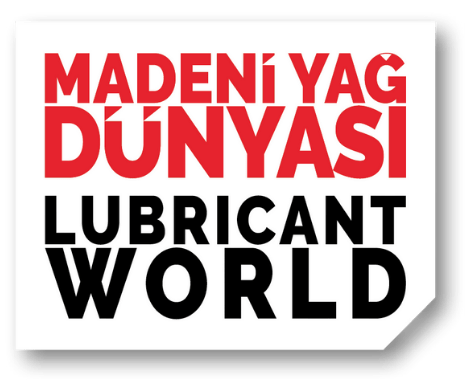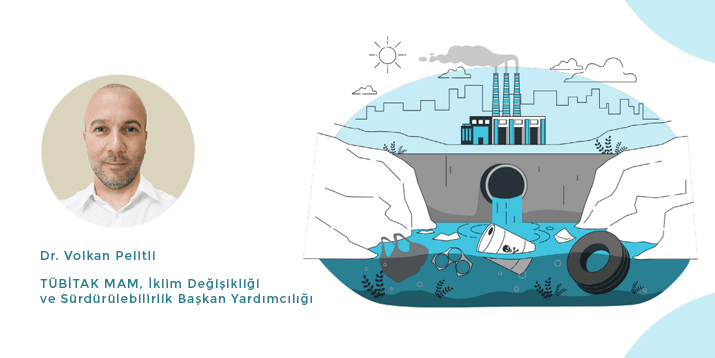Waste lubricants have emerged as one of the most pressing environmental issues of our time (Moses et al., 2023). Originating from industrial processes and vehicles (logistics), these lubricants are classified as hazardous waste and pose significant health and environmental risks if not properly managed through collection, recovery, and recycling. Considering that approximately 50% of the lubricants sold globally end up as waste, the gravity of this issue becomes evident (Mishra et al., 2021).
Waste lubricants become contaminated with harmful additives such as heavy metals, chlorine, and sulphur during production processes. During use, various pollutants (e.g., chromium, lead, copper, aluminium, arsenic, cadmium, magnesium, nickel, selenium, tin, zinc, PAHs) are incorporated into their structures due to factors like high temperature, oxidation, and wear (Stout et al., 2018; Uflyand et al., 2019). Consequently, if waste lubricants are not properly managed, their release into the environment poses significant risks to both ecosystems and human health.
From an ecological perspective, the leakage of waste lubricants into aquatic ecosystems results in reduced photosynthesis, increased water temperatures, and eutrophication. These changes lead to water pollution and a decline in biodiversity. The habitats of aquatic organisms are threatened, and the overall balance of the ecosystem is disrupted.
Waste lubricants, which negatively impact human health, can cause serious health problems with long-term (chronic) exposure. Issues such as skin cancer, eye and respiratory tract irritations, headaches, fatigue, and allergic reactions are linked to the pollutants in waste lubricants. Additionally, more severe health problems, including lung, liver, kidney, and heart diseases, can also arise (Nowak et al., 2019).
Proper management of waste lubricants is crucial. Raising societal awareness and adopting effective recycling methods are key to reducing environmental impacts and protecting public health. Within the framework of the circular economy, recovering waste lubricants allows them to be reused as valuable resources. In recovery facilities, waste lubricants can be converted into products such as Group I-II base oils and asphalt additives through processes like dehydration, solvent removal, thin film evaporation, distillation, solvent extraction, hydrogenation, steam washing, and dehumidification.
In conclusion, the management of waste lubricants is crucial for environmental sustainability and human health. Proper processing and effective recycling of waste oils will contribute to a healthier and more sustainable future. It is essential that we, both as individuals and as a society, take more conscious steps in waste management and do our part to address this issue.
REFERENCES:
Moses, K.K., Aliyu, A., Hamza, A., Mohammed-Dobo, I.A., 2023. Recycling of waste lubricating oil: A review of the recycling technologies with a focus on catalytic cracking, techno-economic and life cycle assessments. Journal of Environmental Chemical Engineering, 11, 6, 111273.
Mishra, A., Siddiqi, H., Kumari, U., Behera, I.D., Mukherjee, S., Meikap, B.C., 2021. Pyrolysis of waste lubricating oil/waste motor oil to generate high-grade fuel oil: A comprehensive review. Renew. Sustain. Energy Rev., 150, 111446.
Uflyand, I.E., Zhinzhilo, V.A., Burlakova, V.E., 2019. Metal-containing nanomaterials as lubricant additives: State-of-the-art and future development. Friction 7(2): 93–116.
Nowak,P., Kucharska, K., Kaminski, M., 2019. Ecological and Health Effects of Lubricant Oils
Emitted into the Environment. Int. J. Environ. Res. Public Health, 16, 3002.
Stout, S.A., Litman, E., Blue, D., 2018. Metal concentrations in used engine oils: Relevance to site assessments of soils. Environmental Forensics, 19, 3, 191–205.




